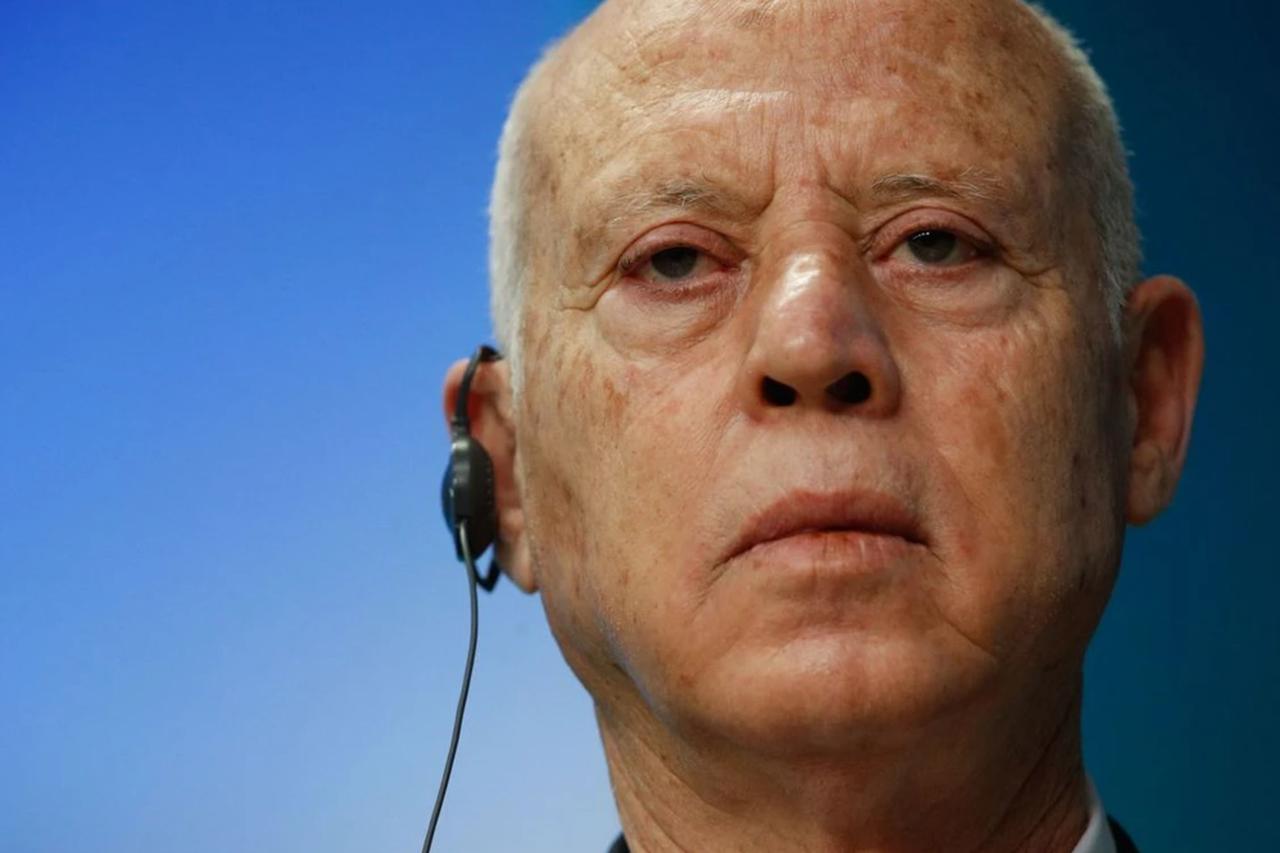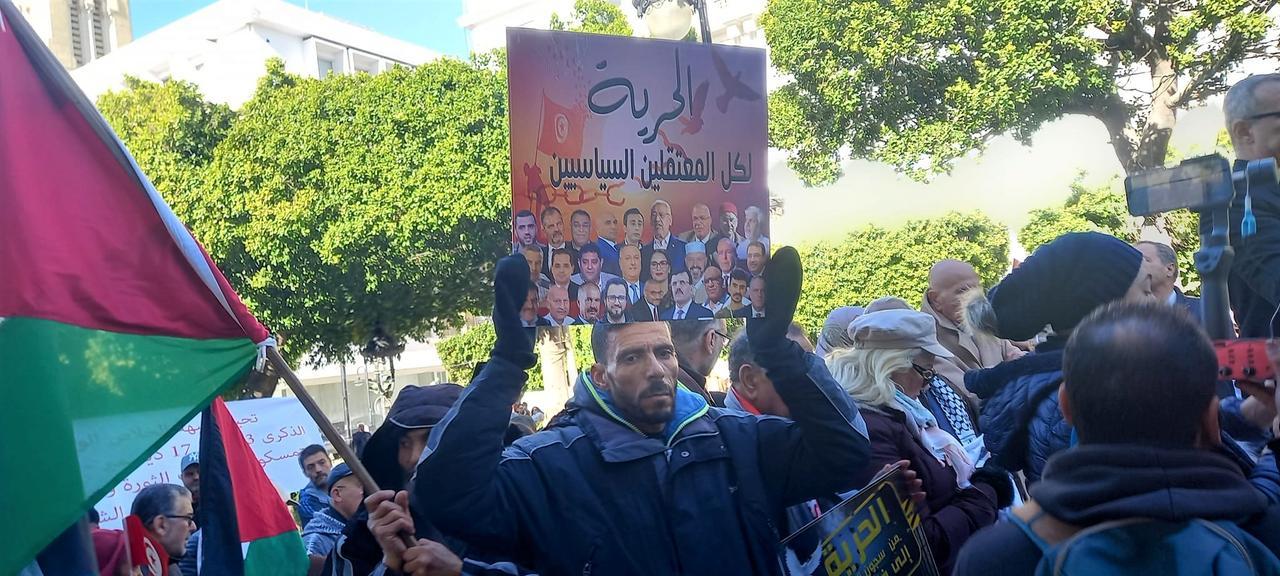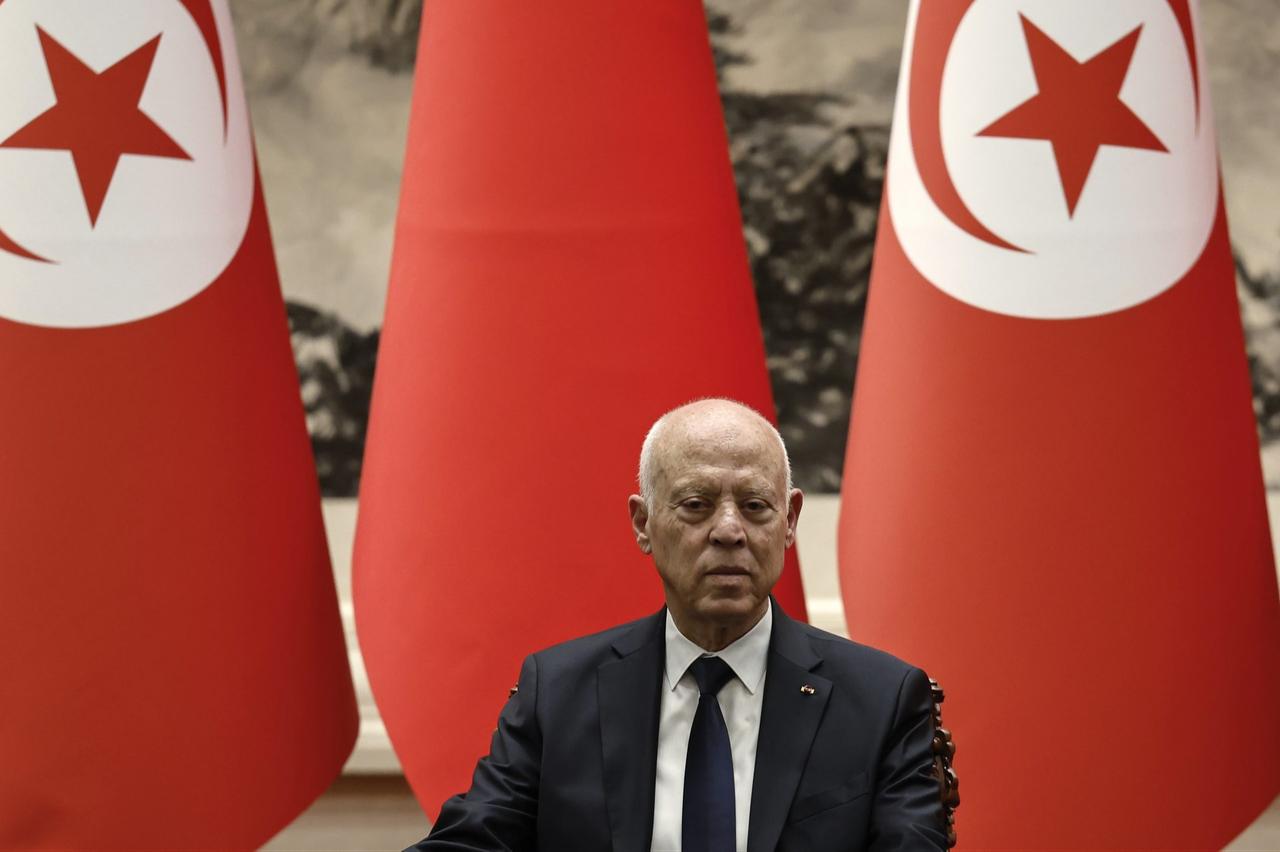
The Tunisian court had issued a preliminary death sentence against a man convicted on charges that included “committing a heinous act” against the country’s President Kais Saied, the Tunisian News Agency reported.
The agency said on Friday that the Criminal Division of the Nabeul Court of First Instance issued a death sentence on Oct. 1 over Facebook posts.
The charges included “committing a heinous act against the President of the Republic, attempting to alter the structure of the state, and spreading false news targeting a public official.
The term “committing a heinous act against the President of the Republic” in legal language refers to carrying out a heinous or hostile act that constitutes a serious attack on the person of the President or his office, such as threats, physical assault, or any behavior considered a direct affront to the authority of the state.
Osama Bouthalja, the lawyer representing Saber Shushan described the verdict—which can be appealed before higher courts—as “shocking and unprecedented.”
He added that he has filed an appeal against the verdict, explaining that his client is 51 years old, has three children aged 12, 10, and 7, and also cares for his elderly mother.
Noticing that Shushan has fewer than 400 followers.
He explained that the accused is a day laborer facing difficult social conditions and suffers from a permanent physical disability resulting from a workplace accident in 2004.

Abdelkader Ben Souissi, head of the Nabeul branch of the Bar Association, confirmed that Chouchane was first sent to the Judicial Pole for Counter but later moved to the Nabeul criminal court due to the “absence of a terrorist nature” in the case.
He explained that the defendant is currently in custody, while his defense team has initiated an appeal of the sentence, without providing further details.
Lawyers and political activists have circulated the case in condemnation of the ruling.
Hisham al-Ajbouni, a leader of the Democratic Current Party, stated that “posts could lead to the death penalty, statements could result in prosecution under the terrorism law, and expressing opinions or positions could be punished with up to 10 years in prison and a fine of 100,000 dinars under the notorious Decree 54.”
Lawyer Sami Ben Ghazi provided further details. He confirmed that “the citizen is from a remote area in Cap Bon.

The “Tunisia Towards Integration” movement and the Unified Democratic Patriots Party both rejected the death sentence. They called for an investigation into the case.
In a statement carried by the Tunisian News Agency, the “Tunisia Towards Integration” movement said the ruling “sets a precedent in the history of the judiciary.”
It urged an investigation into the circumstances of the case. It also called for “real accountability leading to measures that match the strangeness of the verdict.”
The Political Bureau of the Unified Democratic Patriots Party also expressed its “absolute rejection” of the ruling. It described the verdict as “bizarre, suspicious, and devoid of any legal or moral basis.”
The party stressed the “need for an administrative and judicial investigation into the ruling’s circumstances.”
It said that this should “lead to genuine accountability, rather than merely transferring the judge or stripping him of his title.”
The Tunisian Association of Young Lawyers also denounced the court ruling as “unjust.”
It said that issuing extreme and harsh sentences in cases related to freedom of expression “raises serious concerns.” It warned about “the extent to which the principle of proportionality between acts and penalties is respected.”
Tunisia suspended the implementation of the death penalty in 1992. However, courts continue to issue such sentences from time to time in cases related to premeditated murder and “terrorism.”
Since the dissolution of parliament in 2021, President Kais Saied has faced growing criticism over what human rights groups describe as an “erosion of judicial independence and a sharp decline in press and expression freedoms.”
Saied, however, has consistently denied restricting freedoms, insisting that they are guaranteed by law.